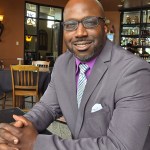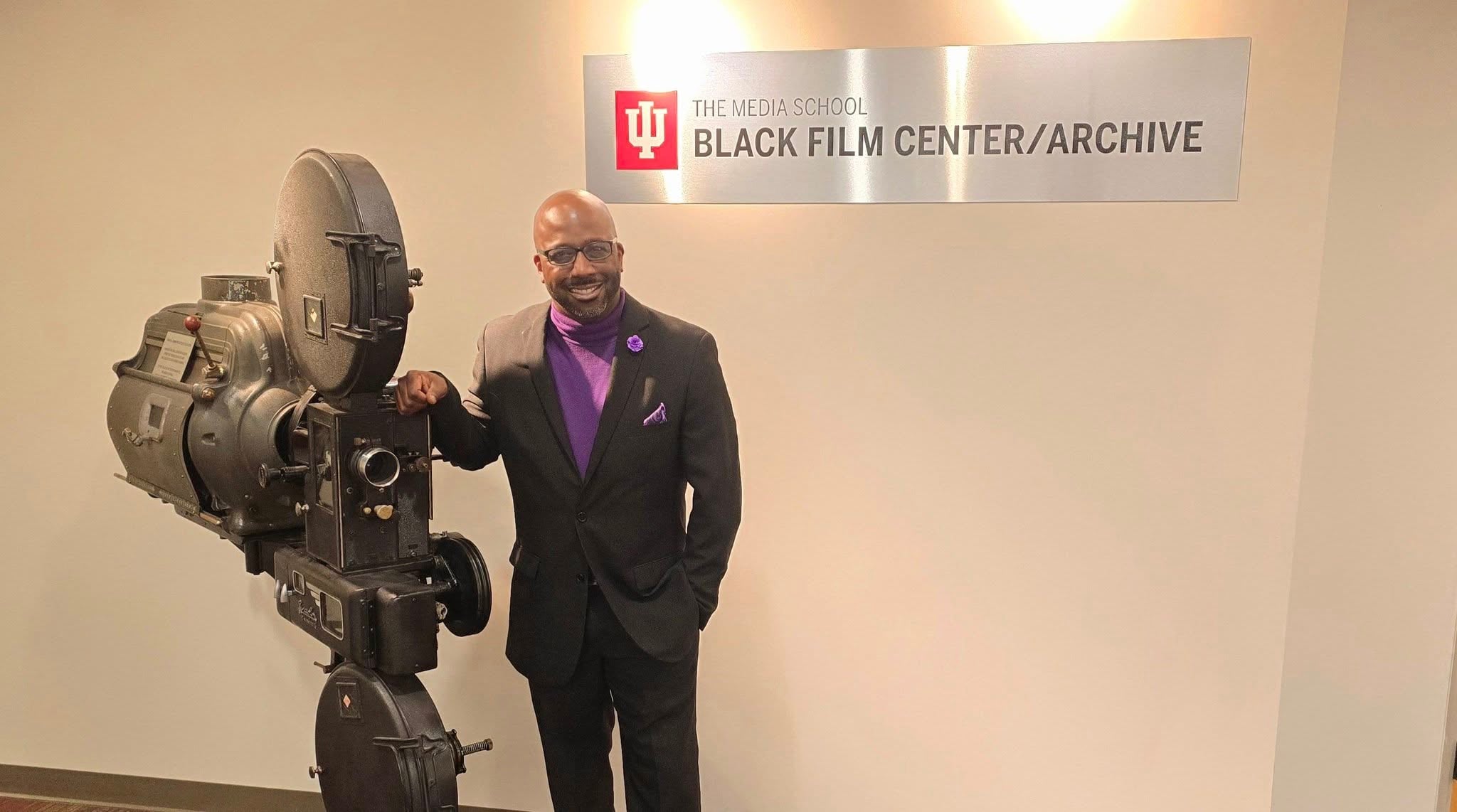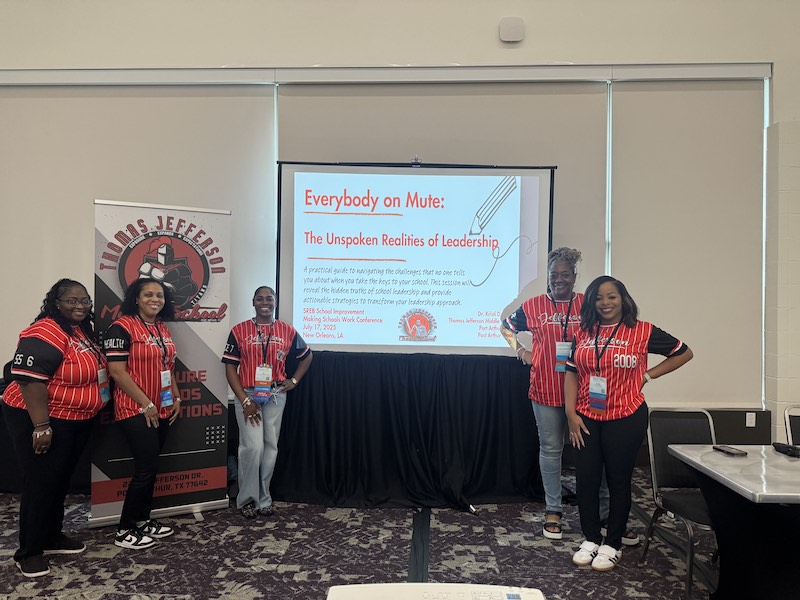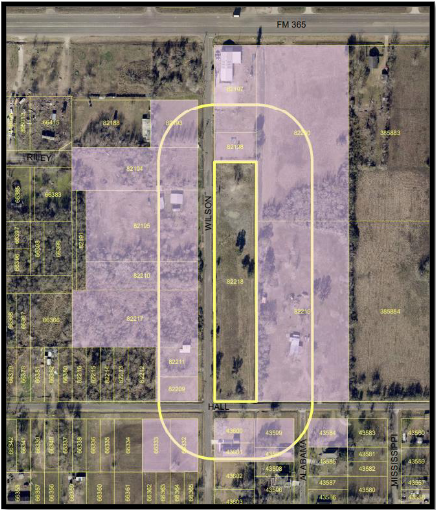Where the Dance meets the Deadline: The Storytelling Life of Gordon Williams
Published 4:43 pm Friday, August 1, 2025




|
Getting your Trinity Audio player ready...
|
When Gordon Williams dances, he doesn’t count beats, he counts stories. With each sway of his hips, every turn of his wrist, is a sentence in motion. Williams wears many hats as a Salsa instructor by night, adjunct journalism professor by day, and a writer in all the hours in between. His passions don’t compete- they collaborate. And all of them orbit one central obsession: storytelling.
“I’ve always wanted to be creative,” Williams said. “And my question has always been, ‘“How I was going to be creative and at what level I would do those things creatively?’ I mean, I was the kid that sat on the floor watching movies and television- even the news, wondering how it was made. So, many kinds of things piqued my interest. At 12-years-old, I began drawing and writing poetry and it evolved to breakdancing on a cardboard box in the backyard of my home in Cleveland, Texas.”
Trending
Many years later, Williams built a multifaceted career- respected as a university adjunct media professor by day, and known after hours as a dancer, screenwriter, and director, shaping stories across Southeast Texas.
“Professor is not something I like to call myself,” he said. “Because I feel like I’m still learning from the students- we learn from each other. Since 1999, I’ve been the stations manager, 10 years ago, the university added another title: TV studio Operations Manager and then six years ago, I became an adjunct professor for the LUTV News class where students learn how to be prepared to be media professionals. Seeing the success of the students that have come through this program, working at the stations locally- excelling and doing well. I want to say I had a small part of them being there. But more importantly, creating an environment for them to be creative and share their passion for wanting to be in the industry. I think cultivating that for them in the beginning is important.”
He teaches his class to listen deeply- to the cadence of a voice, the quiet pause before a quote, the way truth often hides between the lines. That same sensitivity shows up in his dancing later in the evening.
Trending
“I feel like I’m in a space to where I am enjoying cultivating environments and creating spaces for others,” he said. When I was teaching at salsa at a winery that is now closed, I had a chance to create a space for a couple hours for people to come in to have a great time.”
Currently, his dance partner, Micaela Moreno hosts salsa nights at Modelos every other Friday and Rick and Jack’s on the first Tuesday of the month, while Gordon explores new venues and plans to host his own dance nights again in the fall.
“When I moved to Beaumont a decade ago, he already had an entire community that he had created, mainly at the winery.,” Micaela Moreno, director and founder of Alegria Latin Dance Studio, said. “He really built the community. He would do dance lessons and have socials, and whenever I came into the scene, I had already been social dancing in Lake Charles and in Houston, and just ended up, honestly standing on his shoulders and adding events to the space, so I respect him tremendously as a dancer and as a business partner. But shortly after, I want to say I was here for a couple years before I hosted my first Salsa night. We both kind of recognized the community needed a way to know what events were coming up and where they can go to social dance.”
That epiphany gave birth to their Facebook group called Bailemos Beaumont.
“This happened with eight people at a table trying to find a platform where people could access to find out what’s going on in the area, and now that group has over, having us 1.5K members. And it’s tight knit in the sense that all of our members are active members. You are only going to find out about social dancing and Latin dancing events, and it’s just been beautiful. It’s been a beautiful thing to walk side by side with him.”
Just as in the newsrooms too, one must know when to lead, when to follow and when to pause. In the quiet hours of the in-between, Williams writes. He recently won Best Director for “Shakerville” at the Fade to Black Film Festival in Houston, and last month hosted the Houston Film Showcase presented by Swamp and Cinema Arts Society.
“I had the chance to curate the evening,” he said. “It was an opportunity to kind of show what we’re producing here in Southeast Texas to a sold-out theater. We have students that’s graduated from the Department of Communication and Media that have worked on projects as local filmmakers. We even gave a student the opportunity to show their short film there. So, I think we’re building a nice creative media Film Production community here.”
Williams newest storytelling pursuit comes in the form of a collaboration with historian Dionne Babineaux. Together, they will create an exhibit tracing the lineage and legacy of Babineaux’s ancestor, Agatha Babino- a formerly enslaved woman whose voice was preserved through a WPA narrative. The project will honor Agatha’s resilience while bridging generations through art and memory.
The Beaumont Heritage Society’s exhibit “Agatha Babino: A Narrative of the Formerly enslaved” on Aug. 7, 2025 from 5:30 p.m. to 7:30 p.m. at The John Jay French Museum’s Heritage Hall located at 3025 French Road in Beaumont.
“In the 1930s, there were a series of interviews of formerly enslaved people,” Dionne Babinaux, director of the Museum of Undertold Texas History, a virtual museum, and a PhD student at Rice University. “I found out that our family’s ancestor was among them. Altogether, there are about 2300 people, and these documents are published in the Library of Congress. As a part of my dissertation, I’m doing work over the over the narratives- finding out who these people were, where they lived, doing some genealogical histories, and then tracing that also to state and regional histories and then even national histories.”
In Babinaux’s quest of telling her ancestor’s story, her paths crossed with Williams.
“The really cool thing about getting to meet Gordon was that he has those films,” she said. “They Will Talk About Us: The Charlton- Pollard Story” and “The Example.” I first met Gordon at a conference, and we watched those films there, and then I asked if he would like to show them at Rice University. But what we noted, or what I noticed then, is that the neighborhood that I found that our ancestor lived in was the exact same neighborhood Charlton Pollard in his documentary. Well, this story is so deeply connected to the story of Beaumont and the enslaved people who were there that we felt like we needed to tell it there. When I looked through those narratives again, I found that almost 50 additional people were interviewed in that area right, and that is a huge chunk right of the number of interviews that just represent this story in Beaumont.”
“Whether moving solo across a stage or building stories side by side with others, Gordon Williams remains, at his core, a storyteller. His work defies categories, blending movement, memory, and meaning into forms that speak to the heart. Alone or in collaboration, he shows that storytelling isn’t just about what said- it’s about who’s seen, what’s felt and the truth we dare to share.”
“I think now there’s an acceptance of if I create something and I’m truly happy with it- It is genuine and authentic, and it’s me. The goal of being creative and sharing it with the world, there’s an understanding that some people will like it, some people won’t. If you have the opportunity as a storyteller, not everybody’s going to be willing to listen to your story, right? Does that stop you from wanting to tell the story that’s really what you’re passionate about? Sometimes, the appreciation for what you’re telling may not be in the moment. I’m kind of living in the space of abundance and kind of blessed to have the opportunity to create but also want to create opportunities for other people.”










